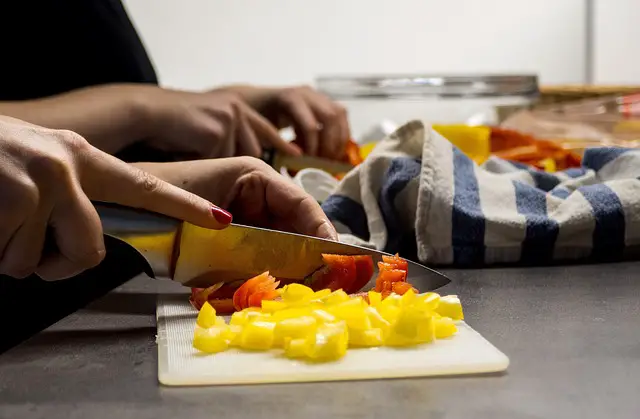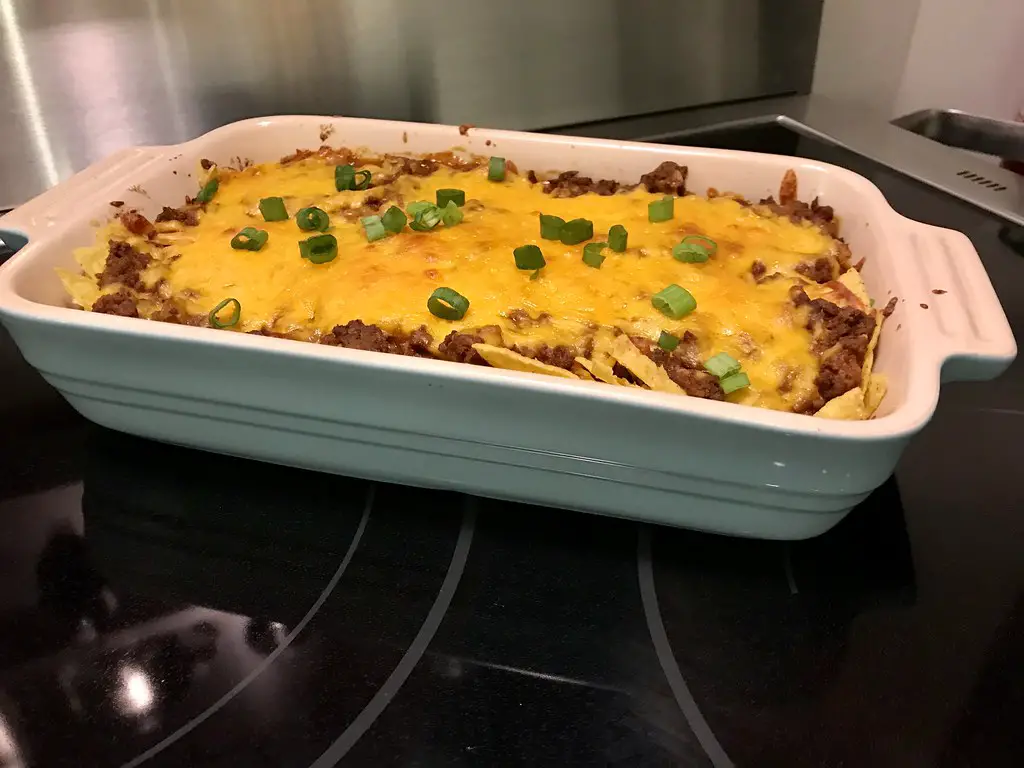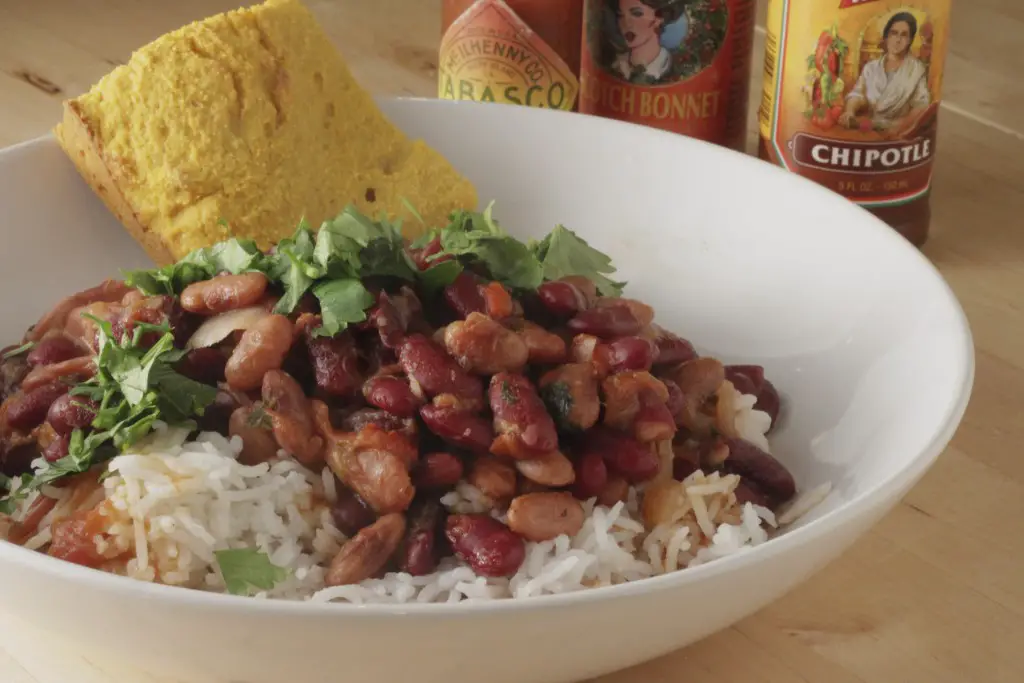Cooking good food is both an art and a science, combining creativity with technical skills to transform raw ingredients into delicious meals. Whether you are a novice in the kitchen or an experienced cook looking to refine your culinary skills, there are essential tips and techniques to help you enhance the flavor, texture, and presentation of your dishes. Here is a comprehensive guide on how to cook good food, covering everything from the basics of cooking to more advanced concepts.
Understand Your Ingredients
Quality Matters: The foundation of good food starts with high-quality ingredients. Fresh vegetables, high-grade meats, and premium spices can significantly impact the taste of your dishes. Whenever possible, opt for organic, locally-sourced, and in-season ingredients.
Know Your Herbs and Spices: Familiarize yourself with a variety of herbs and spices. Understanding how to pair them with different foods will allow you to create complex flavors and aromas.
Master Basic Techniques

Knife Skills: Efficient and precise cutting techniques not only save time but also ensure that ingredients cook evenly. Practice chopping, dicing, and mincing to improve your speed and safety.
Cooking Methods: Experiment with different cooking methods such as boiling, steaming, sautéing, grilling, roasting, and baking. Each technique can bring out unique textures and flavors in your food.
Perfect Your Timing
Don’t Overcook or Undercook: Paying close attention to cooking times is crucial. Overcooking can lead to dry, tough meals, while undercooking may result in uncooked or unsafe food. Use timers and keep a close eye on the cooking process.
Rest Your Meat: After cooking meat, let it rest before cutting into it. This allows the juices to redistribute throughout the meat, ensuring it is moist and flavorful.
Experiment and Adjust
Taste as You Go: One of the most important habits in cooking is tasting your food as you prepare it. This allows you to adjust the seasoning and ensure the dish is developing as you desire.
Be Creative: Don’t be afraid to experiment with recipes and make adjustments based on your preferences or the ingredients you have on hand. Cooking is a creative process, and personal touches can often lead to the best meals.
Presentation Matters

Visual Appeal: The presentation of your food can significantly affect how it’s perceived. Take the time to arrange your dishes in an appealing way, using garnishes and color contrasts.
Serve Appropriately: Serve your food on warm plates or in suitable bowls to maintain its temperature. The way food is served can enhance its overall enjoyment.
Keep Learning
Cookbooks and Classes: There’s always something new to learn in cooking. Explore cookbooks, online recipes, and cooking classes to get inspired and gain new skills.
Feedback is Key: Don’t be discouraged by mistakes; they’re part of the learning process. Seek feedback from those who eat your food, and use it as a means to improve.
Cooking good food is a journey that involves continuous learning and experimentation. By understanding your ingredients, mastering basic techniques, perfecting your timing, experimenting with flavors, focusing on presentation, and seeking out new learning opportunities, you can enhance your culinary skills and enjoy the process of creating delicious meals for yourself and others. Remember, patience and practice are key ingredients in the recipe for cooking success.
Manage Your Kitchen Efficiently
Organization is Key: A well-organized kitchen can greatly improve your cooking experience. Keep your workspace clean and your ingredients and tools within easy reach. This not only saves time but also prevents accidents and mishaps.
Prep Ahead: Mise en place, a French culinary phrase which means “putting in place,” is a technique used by professional chefs to organize and arrange ingredients before cooking. Prepping your ingredients ahead of time ensures that you have everything you need at your fingertips, making the cooking process smoother and faster.
Balance Your Flavors
Understand Flavor Profiles: Good food is all about balance. Understanding the five basic tastes—sweet, sour, salty, bitter, and umami—can help you balance flavors in your dishes. For example, if a dish is too acidic, adding a sweet component can balance it out.
Use Acids and Fats: Acids (like vinegar or lemon juice) can brighten dishes, while fats (such as butter or olive oil) can add richness and carry flavors. Learning how to use these elements effectively can transform your cooking.
Pay Attention to Texture

Contrast Textures: The texture of your food can be just as important as the taste. Incorporating a variety of textures—crunchy, creamy, crispy—can make your dishes more interesting and satisfying.
Technique Matters: Techniques such as searing meat to achieve a crispy exterior while keeping the inside juicy, or roasting vegetables to bring out their natural sweetness and create a caramelized surface, can add depth and complexity to your dishes.
Keep Health in Mind
Nutritional Balance: While taste is paramount, incorporating a variety of nutrients in your meals is also important for overall health. Include a mix of proteins, carbohydrates, fats, vitamins, and minerals in your diet by using a diverse range of ingredients.
Cooking Methods: Some cooking methods are healthier than others. Steaming, grilling, and baking are generally healthier options that preserve the nutritional value of food better than frying, for example.
Learn From Mistakes
Embrace Failures: Not every dish will turn out as expected, but each failure is an opportunity to learn. Understanding what went wrong and how to correct it next time is part of becoming a better cook.
Keep a Cooking Journal: Keeping a record of what you cook, any variations you made, and how it turned out can be incredibly useful. This practice can help you replicate successes and avoid repeating mistakes.
Enjoy the Process
Cooking as an Experience: Remember that cooking should be enjoyable. Take pleasure in the process—from selecting ingredients to enjoying the finished meal. Cooking can be a therapeutic activity that brings joy not just through the food itself but through the act of creating something with your own hands.
Share Your Food: One of the greatest joys of cooking is sharing your creations with others. Food has a unique way of bringing people together, creating memories, and forging connections.
By embracing these principles, you can elevate your cooking from mere sustenance to an art form. The journey to cooking good food is ongoing, filled with discoveries, challenges, and triumphs. Whether you’re preparing a simple meal for one or a feast for many, the key is to cook with passion, patience, and a willingness to learn. Happy cooking!


















